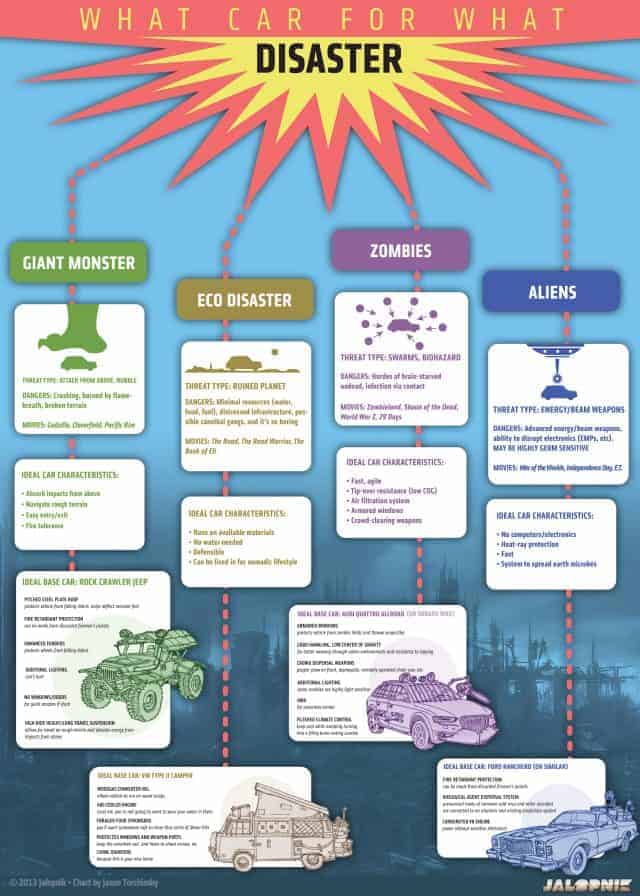Heatpump Vs Heater - Which Is The Better Home Heating Choice For Your Home?
Heatpump Vs Heater - Which Is The Better Home Heating Choice For Your Home?
Blog Article
Posted By-Huynh Sims
Several house owners know with heaters, which heat homes with oil or natural gas and push hot air via ductwork. They are reasonably affordable and can provide trusted heating even during a winter season power blackout.
Nonetheless, they use fossil fuels and create carbon monoxide and various other air contamination. They also aren't as energy-efficient as a high-efficiency heatpump.
Cost
Usually, heat pumps are extra budget friendly to run than heaters. They generally utilize electrical energy and refrigerant to remove warm from exterior air, and after that transfer it into your home. You can make the most of less expensive electrical energy prices during off-peak hours to further decrease your heating prices.
Unlike heat pumps, gas or wood-burning heaters use combustion to generate warm, sending out flue gases into the atmosphere that can be damaging to your health and wellness. These heaters are likewise much less energy-efficient than heatpump, and their higher operating costs can build up over time.
Furnaces are more complicated than heat pumps and require regular upkeep to make sure the appropriate feature of all components. Regardless of this, they often tend to last longer than heat pumps with a normal life-span of 20 years or more. Nonetheless, Suggested Browsing 'll need to consider the expense of gas, fuel oil or timber and the extra devices needed for setup and operation such as ducts and ventilation systems.
Energy Performance
Heat pumps have a greater energy efficiency ranking than heaters. These systems utilize electrical energy to scavenge heat from the air, even in freezing temperatures. They can additionally eliminate excess warmth from the home throughout warmer months and reuse it to cool the system. Service provider experts can aid you identify the very best model for your home based on climate and resource energy costs.
Heating systems burn fuel oil, gas, natural gas or other sorts of nonrenewable fuel source to heat the air in the home. This air is after that distributed with ductwork making use of a large follower. Heating systems generate greenhouse gases and need routine maintenance and tools upgrades to make certain risk-free procedure.
The biggest advantage of a heater is that it can be run also in rough winter months problems due to the fact that it does not rely upon outside temperature levels to warm up the air. Furnaces likewise have a longer lifespan than heatpump and commonly last 15 years. They can also be paired with double gas choices, which choose one of the most effective heating option based upon the climate.
Climate
Heatpump function well in moderate climates and utilize less resource power than furnaces. However, if your region is extremely chilly, you might need to purchase a common gas heater instead.
Heaters provide warm, comfortable warm and commonly offer quick heating to elevate interior temperatures. These systems can be utilized with a variety of fuel kinds, including gas, propane, oil or electricity.
They take in a lot more power than heatpump-- up to 3x as much-- and need ductwork that's expensive to install or retrofit. They're also more pricey to keep, as they can cause air quality issues and produce greenhouse gas discharges.
If you're devoted to reducing your carbon impact, a heat pump is a great option for your home. They have less greenhouse gas exhausts than heating systems, particularly if you select an ENERGY CELEBRITY ® heat pump. Your regional Provider professional can clarify the distinctions in between these two heating unit and assist you make the most effective decision for your unique demands.
Personal Preferences
Furnaces can be very energy effective when powered by gas, lp or oil, yet they aren't as power reliable as heatpump in frigid environments. They can additionally be much more pricey to install, calling for gas lines and air flow systems.
However, heaters often tend to require much less maintenance, which can result in lower ongoing prices. They produce less greenhouse gases and are a lot more reliable than heat pumps during extreme weather.
Electric heatpump are a lot more flexible in creating indoor comfort since they can likewise act as a/c during warmer months. https://www.healthline.com/health/beauty-skin-care/rice-water-for-4c-hair-growth can be more convenient to preserve, needing only regular air filter adjustments and occasional vacuuming.
If you prefer the benefit of a solitary system that does it all, take into consideration a hybrid heating option that pairs a furnace with an electrical heatpump. These systems can instantly change in between both heating choices based on your home's requirements and temperature level problems, making best use of effectiveness and savings.